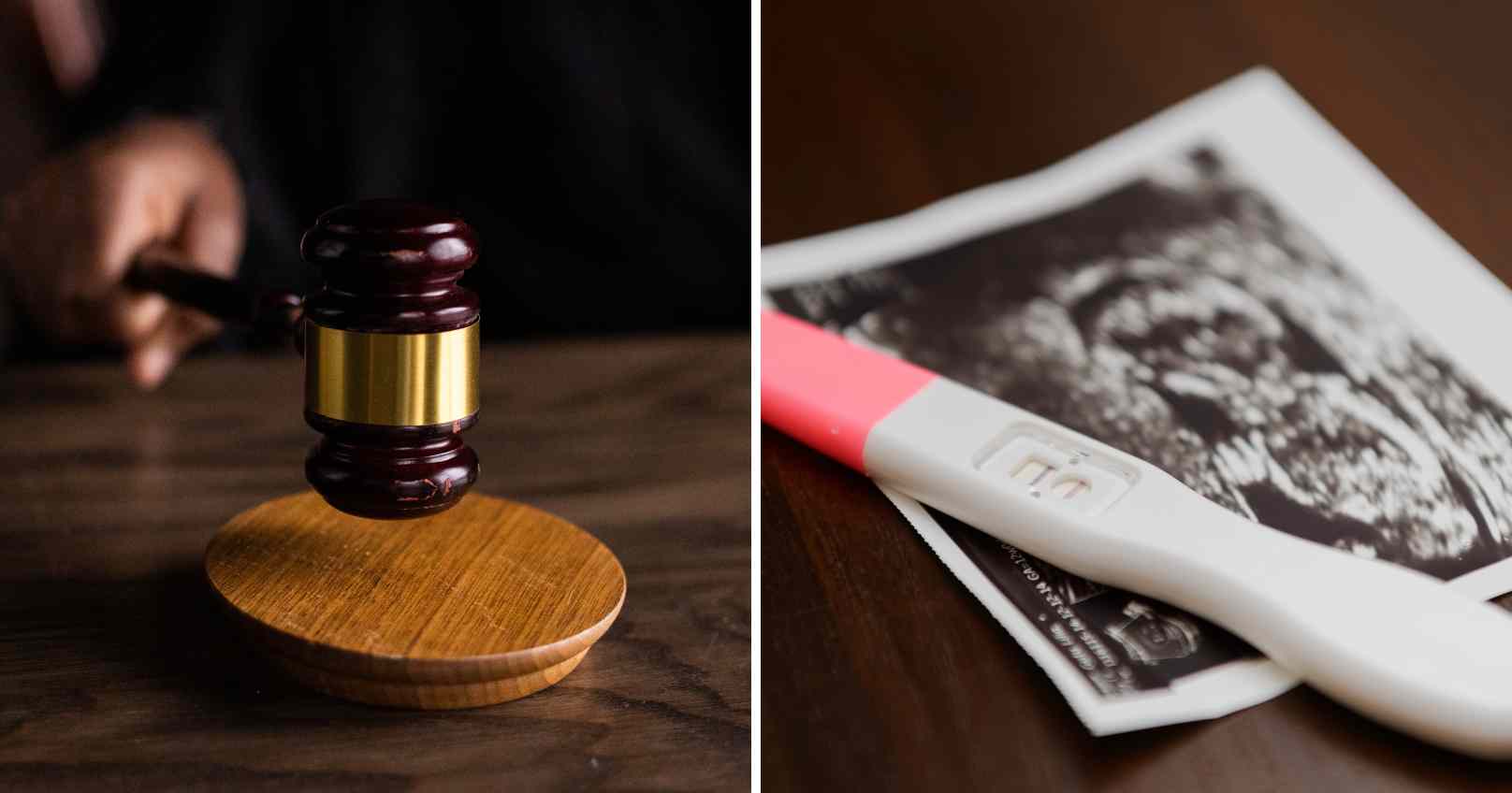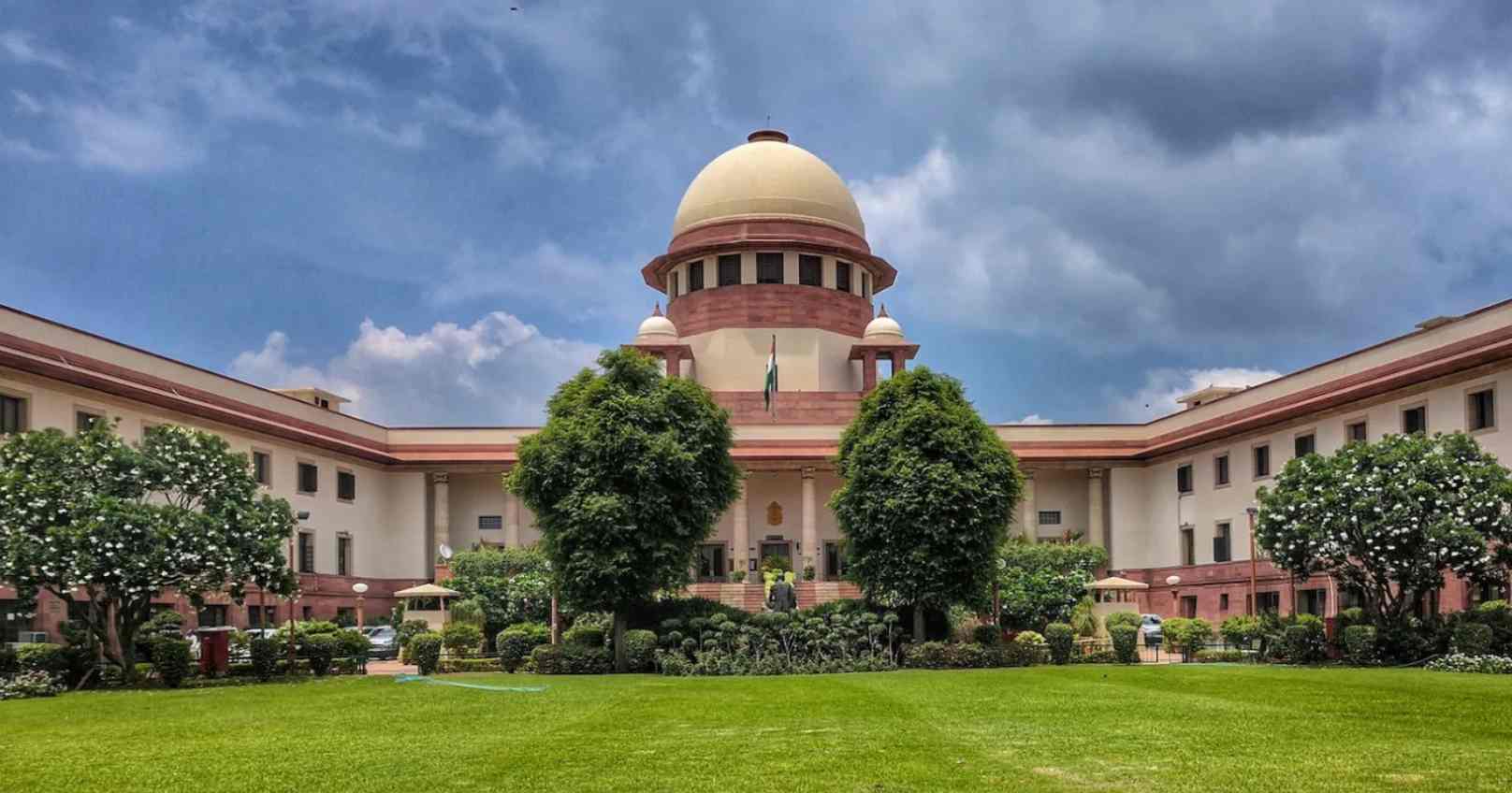The Chhattisgarh High Court has ruled that no woman can be compelled to undergo a virginity test, stating that such a demand is a violation of Article 21 of the Constitution, which guarantees the fundamental right to life, liberty, and dignity.
The court emphasized that allowing such a test would contradict fundamental rights, principles of natural justice, and a woman's right to privacy and modesty. It underscored that Article 21 is the "heart of fundamental rights."
This ruling was delivered by Justice Arvind Kumar Verma in response to a criminal petition filed by a man who sought a virginity test for his wife, alleging that she was involved in an extramarital affair. He challenged a family court’s decision from October 15, 2024, which had dismissed his interim application.
The woman, in her defense, accused her husband of being impotent and unwilling to engage in marital relations. The High Court stated that if the petitioner wanted to refute the impotency claims, he could opt for a medical examination or provide alternative evidence. However, subjecting his wife to a virginity test to compensate for any gaps in his argument was impermissible.
The court reaffirmed that demanding such a test is unconstitutional and violates a woman's right to dignity under Article 21. It asserted that the right to life and liberty inherently includes the right to be treated with dignity and decency.
"No woman can be forced to undergo a virginity test as it infringes on her fundamental rights," the court ruled. Justice Verma further remarked that such a test is an affront to a woman’s dignity and contradicts the principles of natural justice.
The ruling also pointed out that the right to personal liberty under Article 21 is absolute and cannot be compromised under any circumstances. The court reiterated that permitting such a test would be a violation of the petitioner’s wife’s fundamental rights and privacy.
Non-derogable human rights, the court explained, are absolute rights that cannot be suspended even during emergencies. It observed that allegations from both parties are matters of evidence and should be addressed through due legal proceedings.
The High Court concluded that the family court’s decision to deny the petitioner’s request was legally sound, free from judicial error, and did not warrant interference.
The case involves a couple who married on April 30, 2023, under Hindu customs and resided at the husband's family home in Korba district. The wife allegedly informed her family that her husband was impotent and refused to establish a marital relationship with him.
On July 2, 2024, she filed an interim application under Section 144 of the Bharatiya Nagrik Suraksha Sanhita (BNSS) before the Raigarh family court, seeking a monthly maintenance of Rs 20,000 from her husband.
In response, the husband filed a counter-petition demanding a virginity test for his wife, alleging she had an affair with his brother-in-law and that their marriage was never consummated.
On October 15, 2024, the Raigarh family court rejected his request, prompting him to approach the High Court with a criminal petition.
The case is currently at the evidence stage in the family court, where further proceedings will determine the resolution of the dispute.







